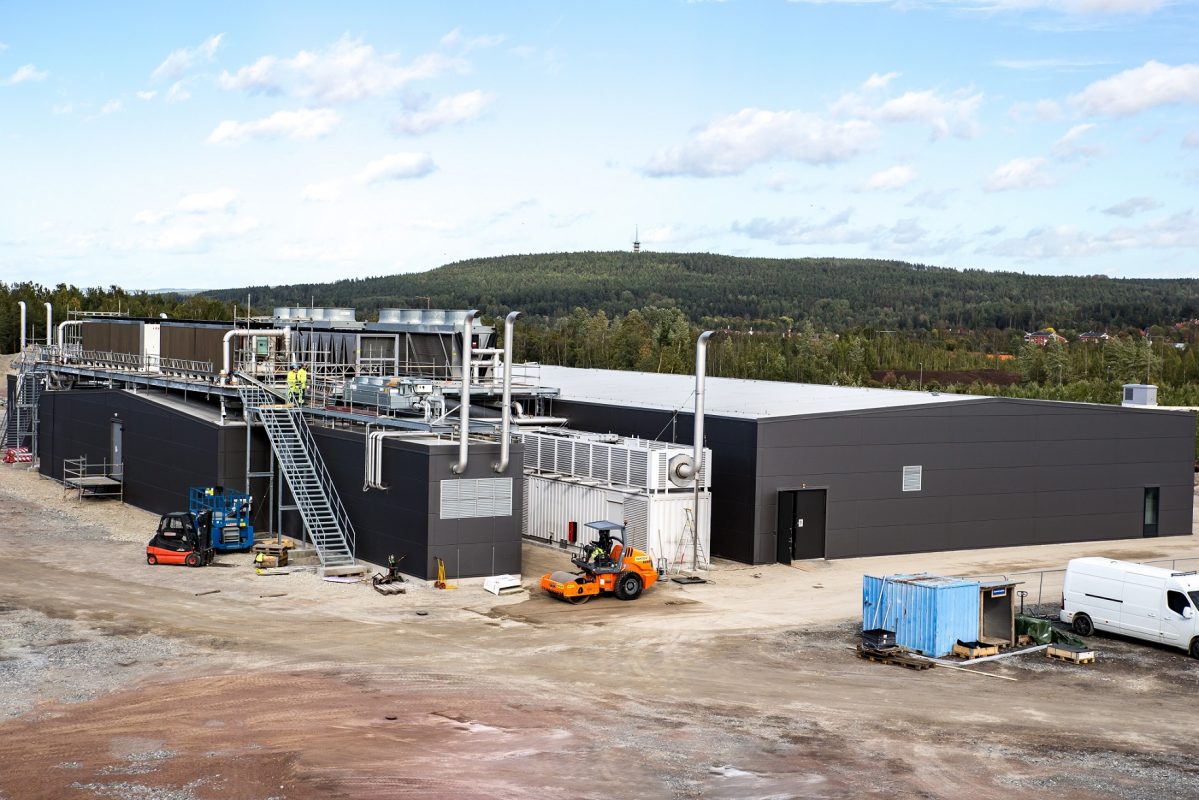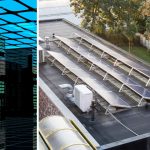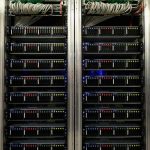
Corporations can initiate sustainability projects and make public statements about their efforts to mitigate their environmental effect. But, in the end, the reasons that motivate businesses to act on environmental issues will not be sufficient. That is true for data centers as well as every other organization whose primary purpose is to clash with the additional expense of sustainable development.
Regulation is what makes a difference in the fight against climate change. While certain industries, namely energy, and transportation, have had new sustainability requirements placed on them in various ways throughout the planet, the data center business has not.
This is the topic of Ed Ansett’s interview, who is an experienced data center scientist and business leader who has spoken out against the data center sector’s influence on environmental issues. He advised authorities on dealing with the intricate connection between the industry and climate change, including minimizing traveling and substituting traditional papers with digital versions.

If the data center business wants to succeed in the path of fighting climate change, Ansett believes that control is required. In some cases, a sustainable strategy is more cost-effective than a conventional one.
There needs to be a financial advantage for sustainable development to function in this modern scenario. If the economic benefits aren’t there, it’s understandable that the stakeholders of the many businesses involved will be less than pleased with the prospect of reducing their earnings by implementing even more sustainable practices. Unless it’s mandatory, it just doesn’t seem to work.
So it’s really just a matter of looking at the many technological solutions available and attempting to offer some unbiased counsel and an understanding of which tools are most suited to a certain use case. That, of course, is dependent on a variety of things. It depends on the nation you’re in and the nation’s emission level, which depends on the climate.









